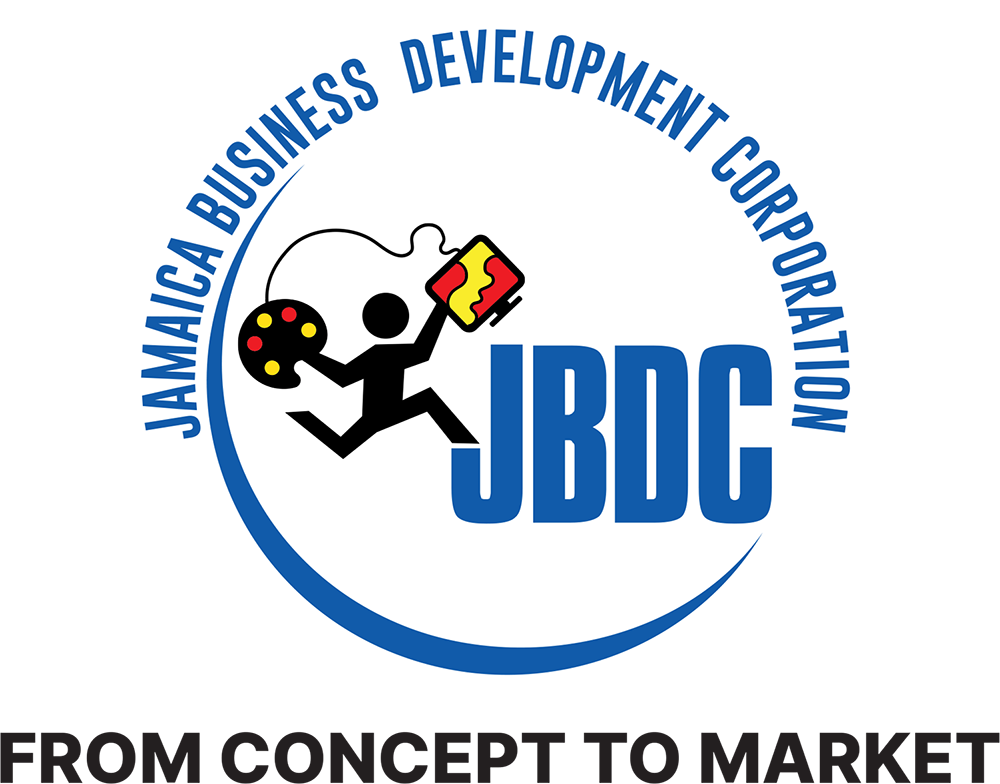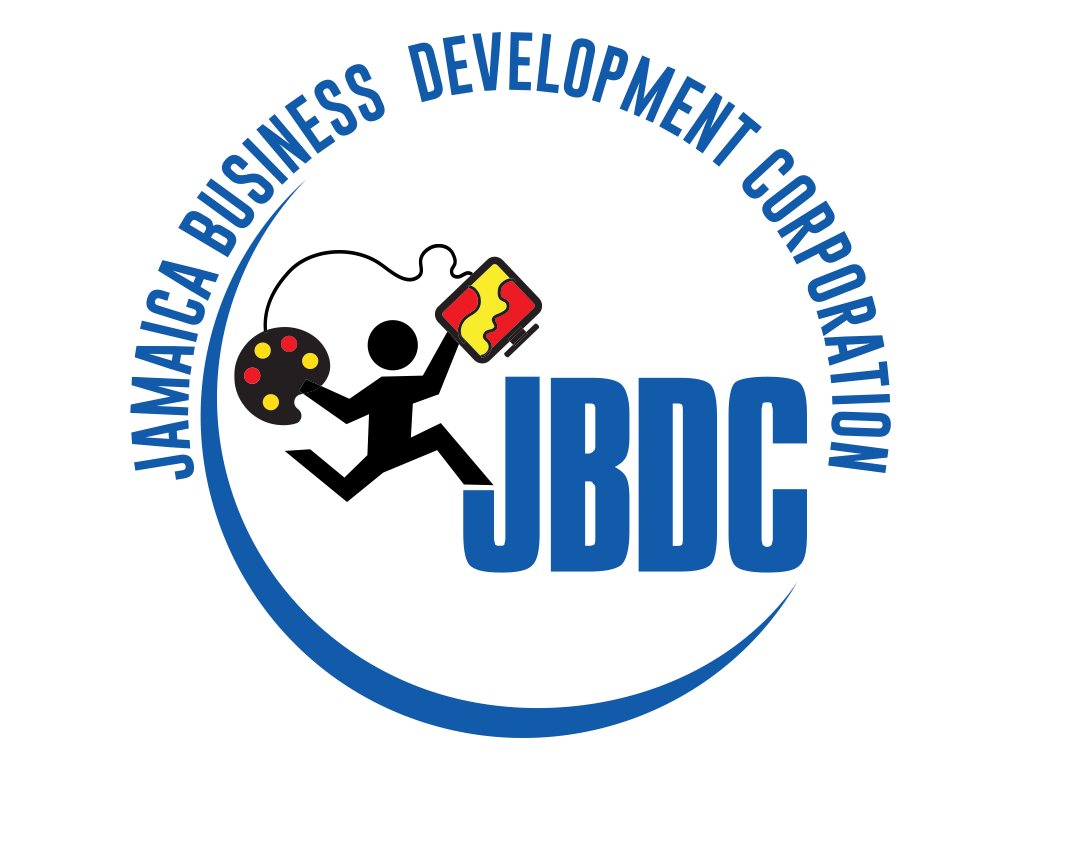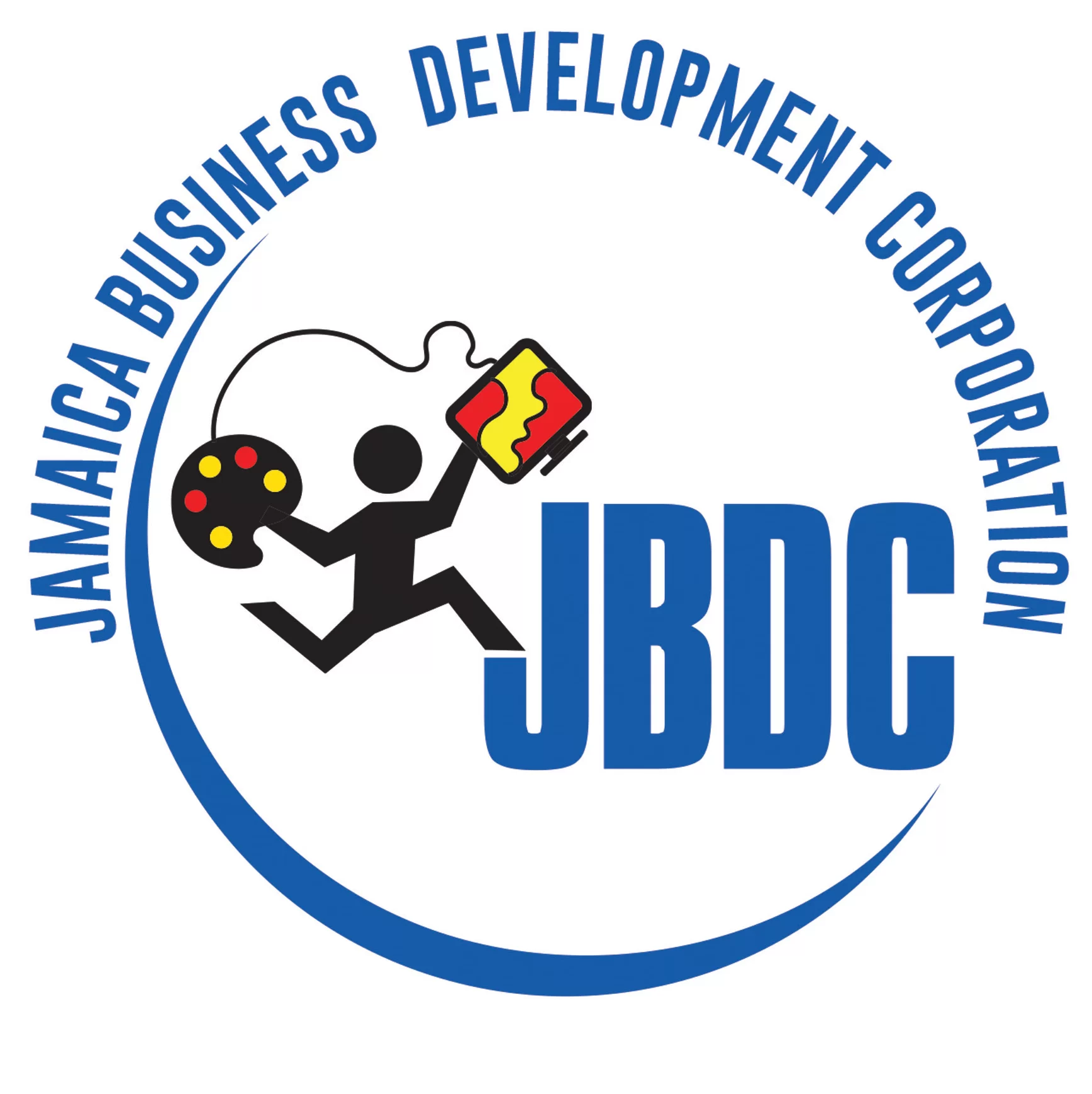Waste, in the context of business, refers to, “Any resource – time, money, materials, or manpower that does not directly contribute to creating value for the customer. It can manifest in various forms, such as overproduction, excess inventory, defects, unnecessary motion, waiting time, and underutilised talent. These types of waste lead to increased costs and reduced profitability,” Colin Porter, Technical Services Manager at the Jamaica Business Development Corporation (JBDC), explains.
When waste is not effectively managed, it can eat into a company’s profits significantly. Excessive inventory ties up capital, defects require rework and customer dissatisfaction, while inefficient processes lead to lost time and opportunities. By addressing these issues, businesses can drum up profits and increase productivity.
This week, the Entrepreneur Weekly will be dissecting the Lean Manufacturing principle to share how you can leverage its principles and concepts to reduce waste, increase productivity, and ultimately boost profits.

The Lean Manufacturing Approach
Lean Manufacturing is a philosophy and management strategy that aims to increase efficiency by eliminating waste, optimising processes, and cutting costs. Developed by Toyota in the 1950s, Lean principles have since been embraced by successful organisations worldwide, regardless of their industry. The core idea is simple – create more value with fewer resources. The practice allows for reducing waste and inventory costs by producing only what’s in demand and not overstocking. By reducing the production time, the method improves the productivity rate and helps increase profits.
The first step in reducing waste is to identify its sources within your business processes. The following are the common types of waste, the Technical Services Manager says:
- Overproduction vs Just In Time (JIT)
Producing more than what the customer demands leads to excess inventory and storage costs. The Lean Manufacturing concept that mitigates overproduction is Just In Time (JIT). Just-In-Time (JIT) means producing only what is needed, when it is needed, and in the required quantity. This minimises inventory and reduces carrying costs.
- Inventory vs 5S
Excess inventory ties up valuable capital and can become obsolete or damaged. 5S Methodology – ‘Sort’, ‘Set in Order’, ‘Shine’, ‘Standardise’, and ‘Sustain’ – is used to organise the workplace and reduce wasted time searching for stock, tools or materials.
- Defects vs Continuous Improvement
Defective products require rework or lead to customer returns, damaging the brand’s reputation. Lean manufacturing rests on the concept of continually striving for perfection, which entails targeting the root causes of quality issues and ferreting out and eliminating waste across the value stream.
- Motion, Waiting & Transportation vs Value Stream Mapping (VSM)
Unnecessary movement of employees or machinery reduces efficiency, idle time between process steps lead to reduced productivity, unnecessary movement of materials or goods increases costs. VSM allows you to map the entire value stream of a product or service to identify non-value-added steps and streamline the process. By thoroughly analysing each stage of the production and service delivery process, businesses can identify specific areas where waste occurs and develop strategies to mitigate it.
Colin Porter added that each employee understands their role in Lean Manufacturing System, “It is an ‘all hands on deck’ approach”. Therefore, it is important that everyone in the organisation understands what these systems are and the values of the company. One of the values of the company may be to produce high quality products. “What does that mean to the person who is sweeping? They have to feel a part of that system and understand what value means. The simple fact that they sweep the floor means that they create a safe and organised workspace and can prevent downtime which can result from possible injuries on the job. When implemented these systems help to drive efficiency and reduce cost.” Afterall, this is what all businesses should strive for.

Zero Waste, More Profits
By implementing Lean Manufacturing principles and reducing waste, businesses can experience numerous benefits, including:
- Cost Savings: Reduced material waste, lower inventory costs, and improved operational efficiency lead to significant cost savings.
- Improved Quality: Waste reduction often leads to higher quality products and services, resulting in increased customer satisfaction and loyalty.
- Enhanced Productivity: Streamlining processes and eliminating waste free up resources and time, allowing for more productive and efficient operations.
- Competitive Advantage: Lean-driven organisations can offer better prices, shorter lead times, and higher quality, gaining a competitive edge in the market.
- Innovation: With waste reduced, teams have more time and resources to focus on innovation and process improvement.
Let’s Get Lean with IRC!
As businesses strive to maximise profits and achieve sustainable growth, managing waste effectively becomes a crucial factor. Implementing Lean Manufacturing principles empowers organisations to identify and eliminate waste at its roots, leading to increased productivity, enhanced quality, and ultimately, higher profits. Embracing a culture of continuous improvement and waste reduction will not only benefit the bottom line but also create a more agile, efficient, and successful business in the long run.
The JBDC’s Incubator & Resource Centre’s (IRC) team of Production Engineers offers support to businesses who want to implement Lean Manufacturing strategies. Through site visits, comprehensive assessments and follow-up consultation sessions, the team is able provide recommendations. “One of the things we also do that impacts lean is to map your production process and the layout of your facility to see what kind of lean systems you can implement to improve the process”, Porter added. Start your waste reduction journey today and unlock the full potential of your business. Visit https://www.jbdc.net/services/technical-services/ for more information.

Author










